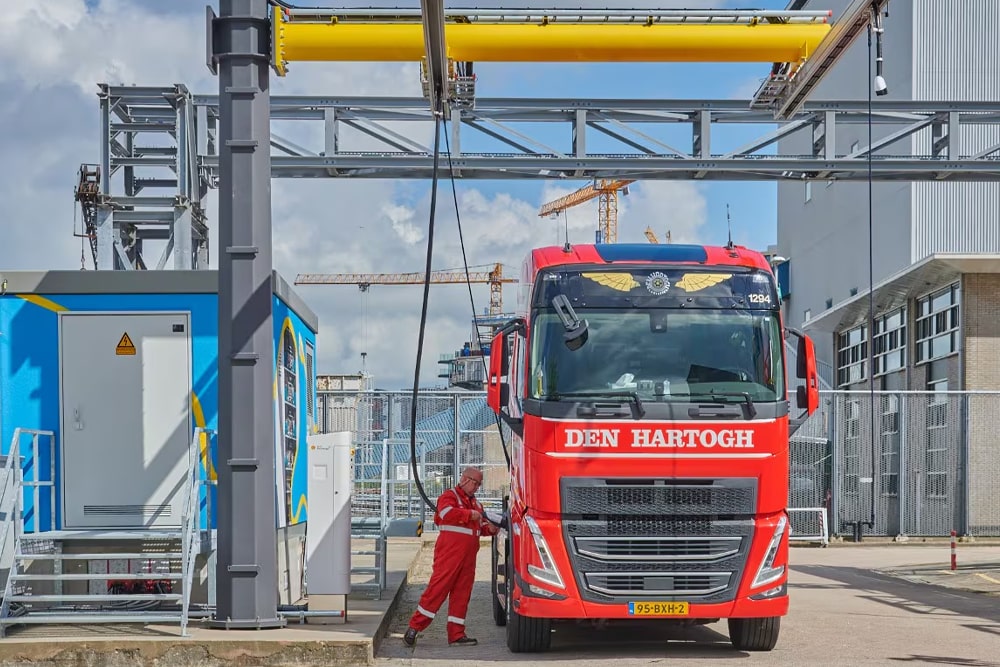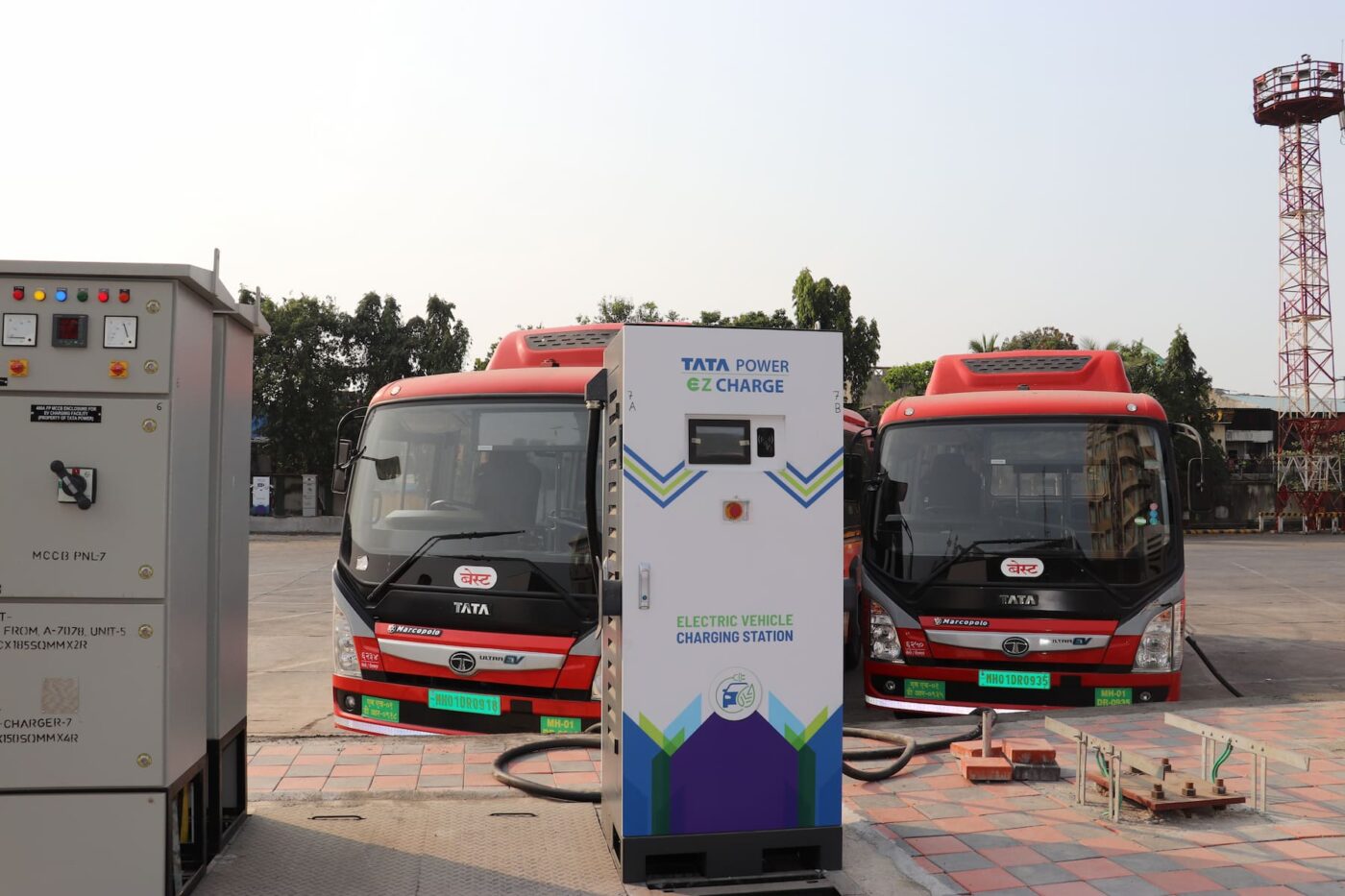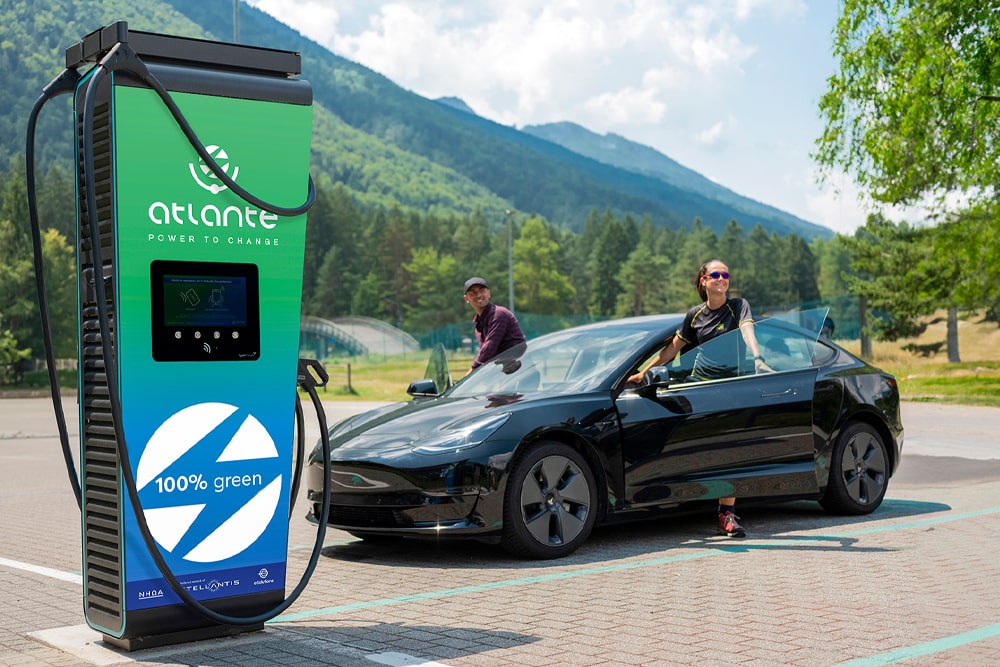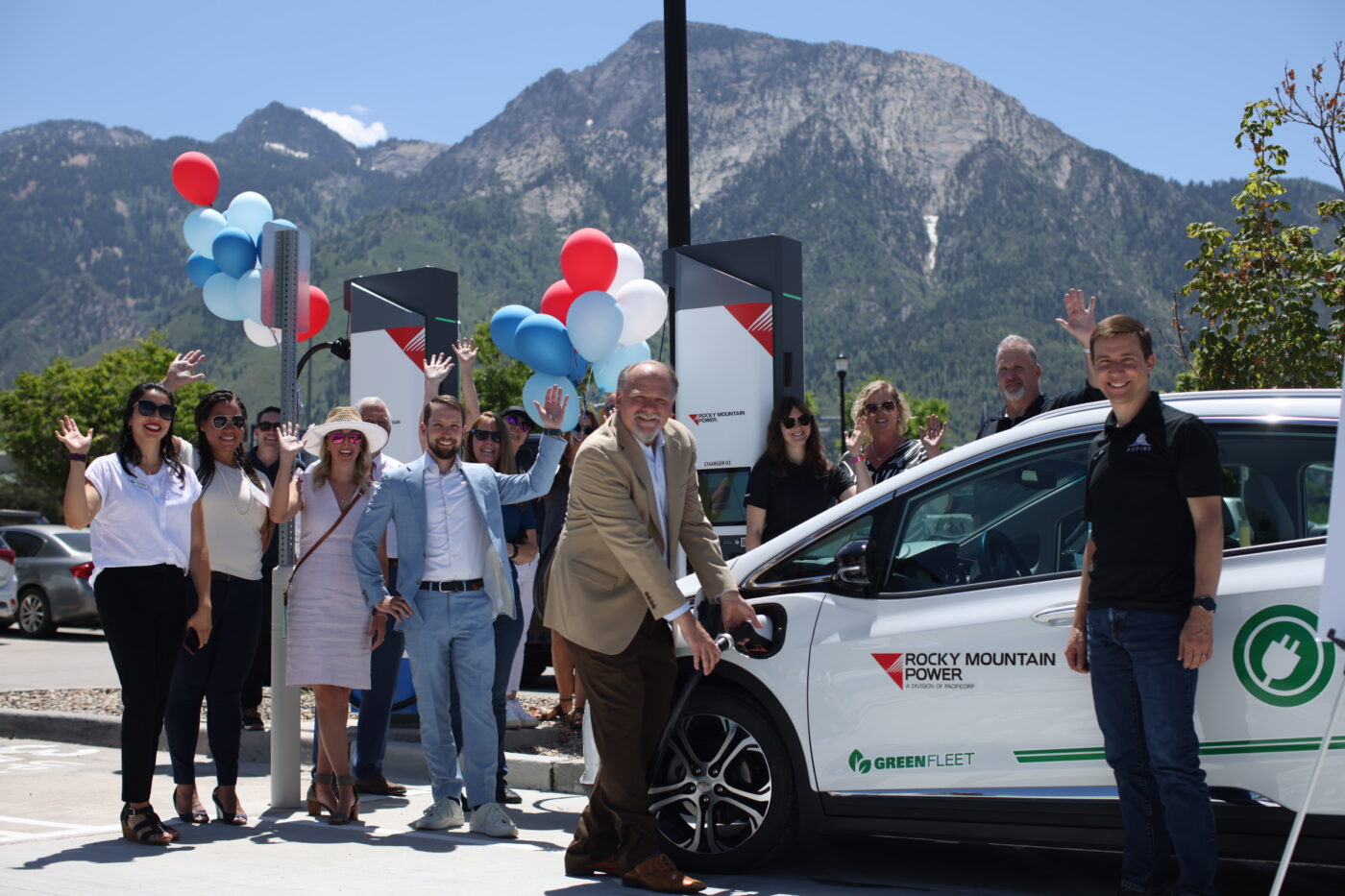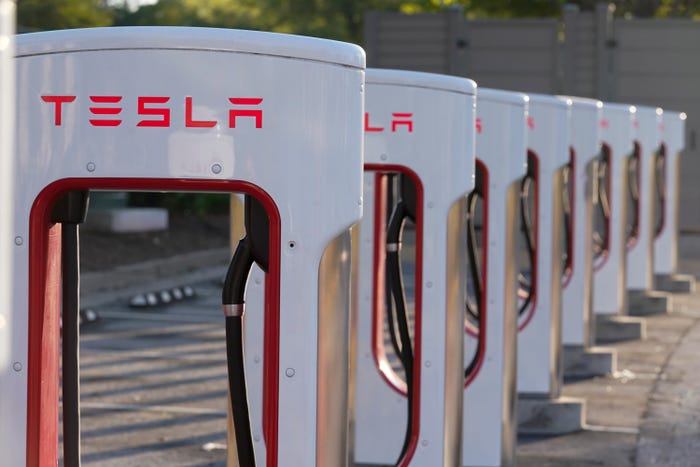Despite the absence of a standardized megawatt charging standard (MCS), Shell has taken a pioneering step by installing its inaugural megawatt charging system at its Energy Transition Campus Amsterdam (ETCA). This system is designed to cater to electric trucks and ships, marking a significant advancement in the field of electric vehicle (EV) charging infrastructure.
The capacity of the megawatt charger is equivalent to approximately three regular 350 kW fast chargers currently used by trucks for charging. The Megawatt Charging System (MCS) at ETCA features two distinct charging arms: one rotating arm for electric ships and another for heavy electric lorries and buses. This innovation aims to promote a universal standard, eliminating the need for customers to use different cables or plugs.
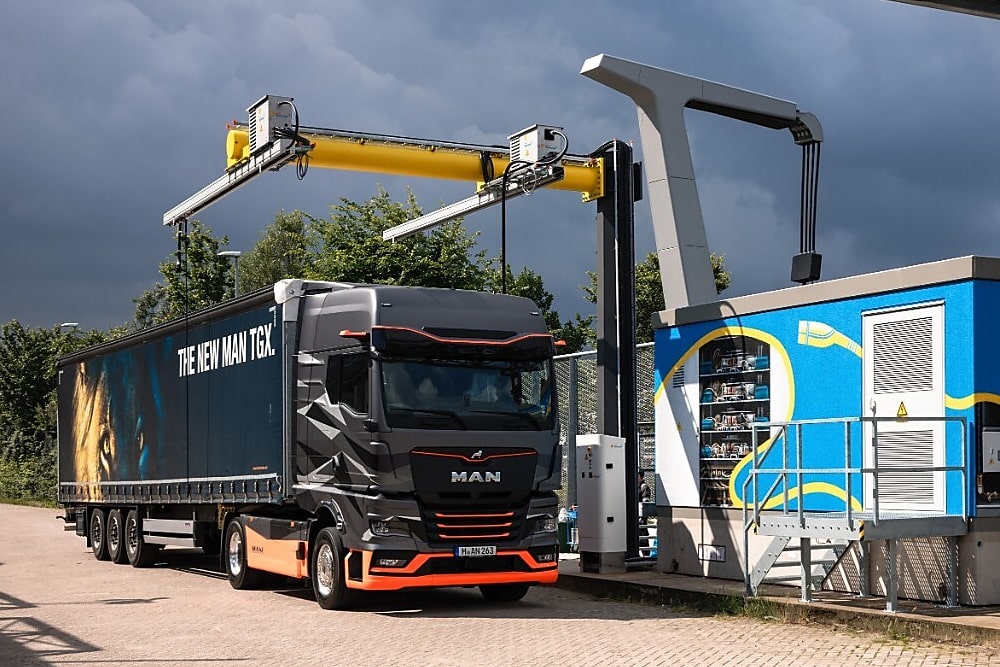
Each charging arm of the Megawatt charger at ETCA is equipped with a second adapter (CCS2), enabling the charger to accommodate a variety of vessels, vehicles, and battery types, allowing for quick and flexible charging. While the megawatt charger is a demonstration unit, it is fully operational, and vehicles and vessels with megawatt charging capability can now utilize it by prior arrangement.
Hilmar van den Dool, General Manager eMobility at Shell, expressed Shell’s commitment to decarbonizing its customers in the logistics sector, stating, “In addition to our investments in biofuels and LNG, we also invest in electric mobility. There are not that many electric trucks and vessels yet, so with this we’re investing ahead of the market that is growing quickly. It is in line with our ambition to provide more and cleaner energy solutions.”
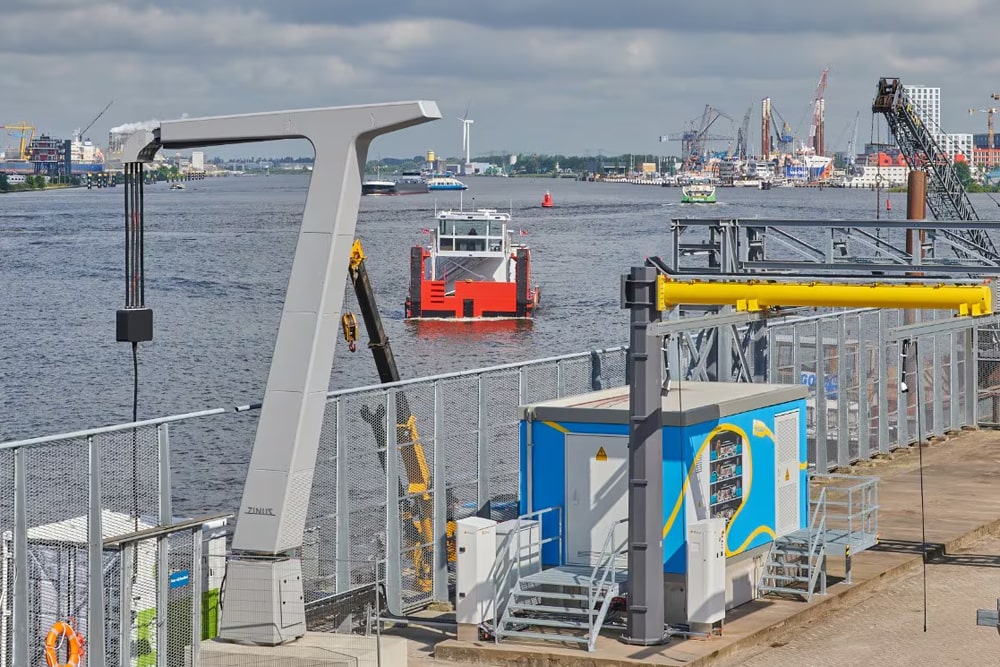
Melissa Williams, President of Shell Marine, highlighted the benefits of the megawatt charger for shipping companies, particularly those operating across the supply chain with facilities serving both waterside and landside. Williams emphasized the charger’s flexibility in charging a wide range of inland and port vessels, including barges, tugboats, service vessels, and ferries.
The megawatt charger at ETCA is integrated with the campus’s smart grid, enabling the integration of energy supply, storage, and demand. The grid includes 3,600 rooftop solar panels, stationary battery storage, 119 chargers for electric cars, a hydrogen electrolyser, and other research equipment, showcasing Shell’s commitment to sustainable energy solutions.

